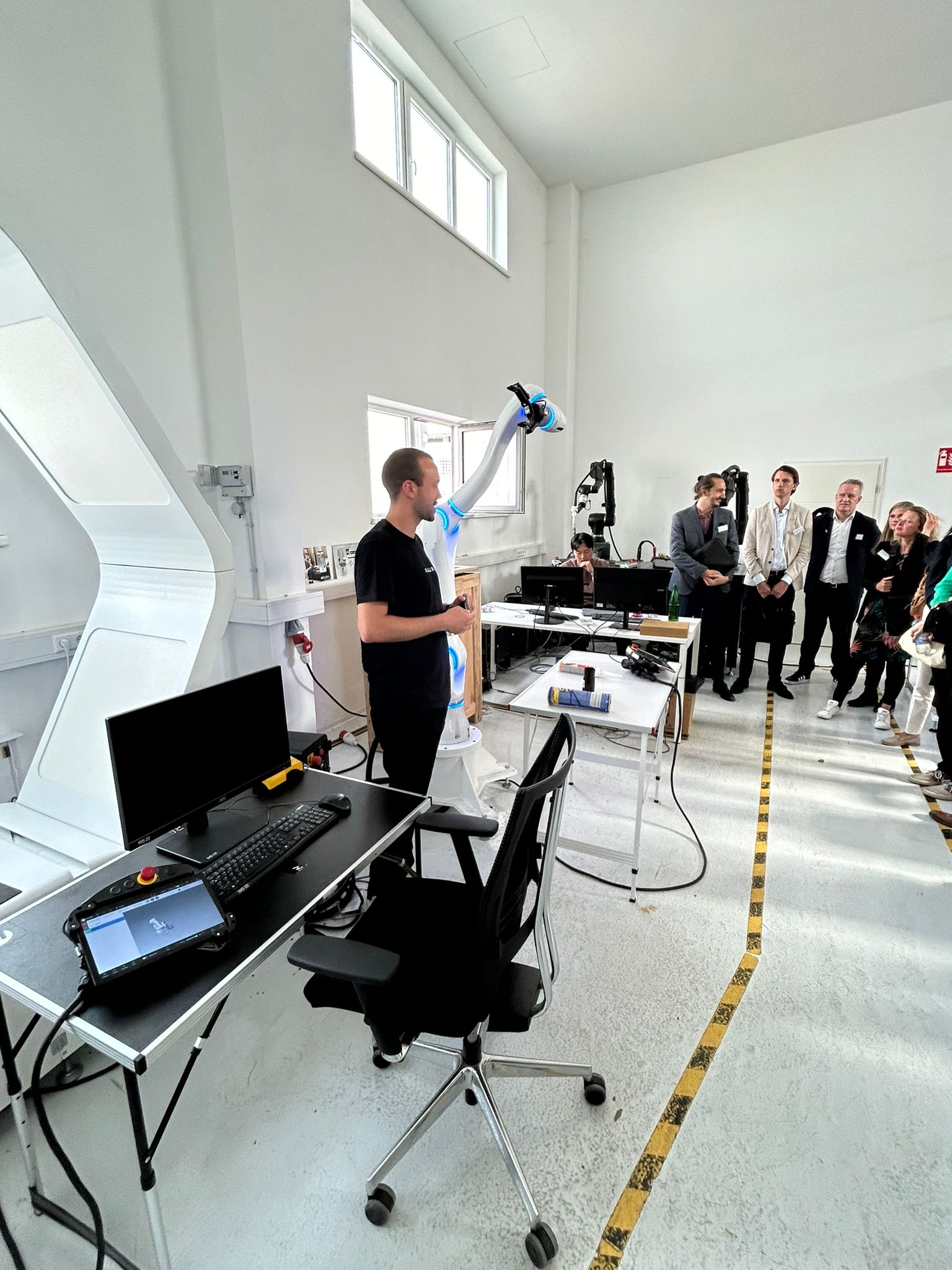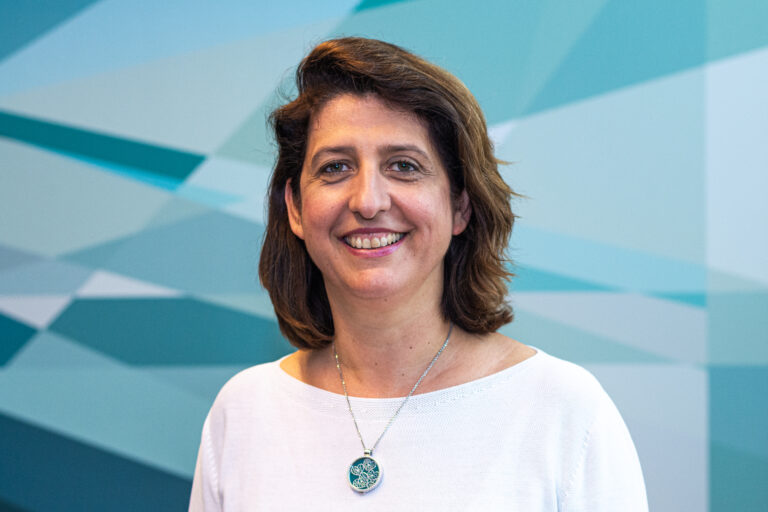When may a patient leave intensive care? How can artificial intelligence help answer this question, for example? After all, it is not easy to apply this kind of revolutionary technology in healthcare.
The Center of Expertise for healthcare algorithms has started testing a set of algorithms in four hospitals. Among other things, an algorithm can predict whether a patient will be admitted to the emergency room waiting room or allowed to return home. Resulting in faster flow of patients. “AI and healthcare algorithms are not a goal in themselves. Developing predictive models that are scalable and really contribute to optimizing care for patient and caregiver, that is the route chosen by the Expertise center for healthcare algorithms,” said Bart-Jan Verhoeff, himself an internist-nephrologist at St Jansdal Hospital and co-initiator.
Scalability by design
There are already nice algorithm initiatives in the Netherlands, but they are still incidental and often local, applicable in one hospital. The Expertise center is developing the algorithms in several hospitals simultaneously. External validation then takes place in other hospitals, where the models have not been trained and thus the data are new. Developing and validating in multiple hospitals has an immediate advantage: this setup is scalable. The premise is that all SAZ hospitals and also non-SAZ hospitals can use the algorithms. “On your own has no future, pay more attention to the testing phase instead of developing all kinds of things yourself,” is also the message of ‘data doctor’ Anne de Hond, Team Digital Innovation LUMC, in Care Vision.
AI should support healthcare professionals. Therefore, the Center of Expertise does not start with the product itself, but with the needs of the hospitals. In recent years, emergency departments and nursing wards in many hospitals have been under increasing pressure. The Center of Expertise for healthcare algorithms took this problem as a starting point in developing the first set of algorithms. These initial algorithms aim to support healthcare professionals in their work process to improve throughput with predictions of emergency department length of stay, of admission probability and of nursing unit length of stay.
No black box
A clinical trial is now underway at four hospitals. The goal is for the first group of algorithms to be CE marked by the end of this year and for hospitals to be able to take delivery of the first set of algorithms to apply in their own hospitals by early 2024. The Expertise center will therefore guide hospitals in implementing the software platform and using the algorithms. Hospital employees are supported in training so that they have a good understanding of the advantages and disadvantages of AI and algorithms. The data stays in the own hospital and the predictions are not a “black box”: healthcare professionals see which factors contribute to the prediction to what extent. This approach of the Center of Expertise will soon be widely applicable in all hospitals and integrated into the electronic patient record.
Chief Medical Information Officer Arjan Bulsink from SKB Winterswijk hospital, one of the participating hospitals in the study, explains why they are participating: “We see that the use of data in healthcare is becoming increasingly important. Also for general hospitals like the SKB this offers many opportunities. There is still a lot to learn and develop in this area. Now we can join this development step by step, because we are doing this together with the Center of Expertise. This way we are not dependent on large commercial (expensive) parties. By doing this in the SAZ context, tools that use data and artificial intelligence will soon be accessible to all hospitals. That is why I am very happy that we are participating in this.”
Power of collaboration
Behind the Center of Expertise is the driving force of 28 hospitals, united in the SAZ, Cooperating General Hospitals, and a compact team of developers and AI experts. They combine their knowledge and ambitions to create prediction models with appropriate software and sufficient data, in co-creation with healthcare professionals: ‘for and by healthcare’. Earlier, SAZ initiated BeterDichtbij, a digital communication service between healthcare provider and patient, which is now in wide use at 48 Dutch hospitals, in this way.
Pieter Jeekel, chairman of the Healthcare working group of the NL AI Coalition: “For us it is important that SAZ hospitals work together and jointly implement AI innovations so that we move away from pilots and more towards upscaling and cooperation in this. The Netherlands is a great example of this”.
Interested?
Interested in contributing to the Healthcare working group? Visit the working group’s page or contact chairman Pieter Jeekel for more information. Become a participant of the NL AIC and benefit from the knowledge and network around Healthcare and other relevant AI topics.






